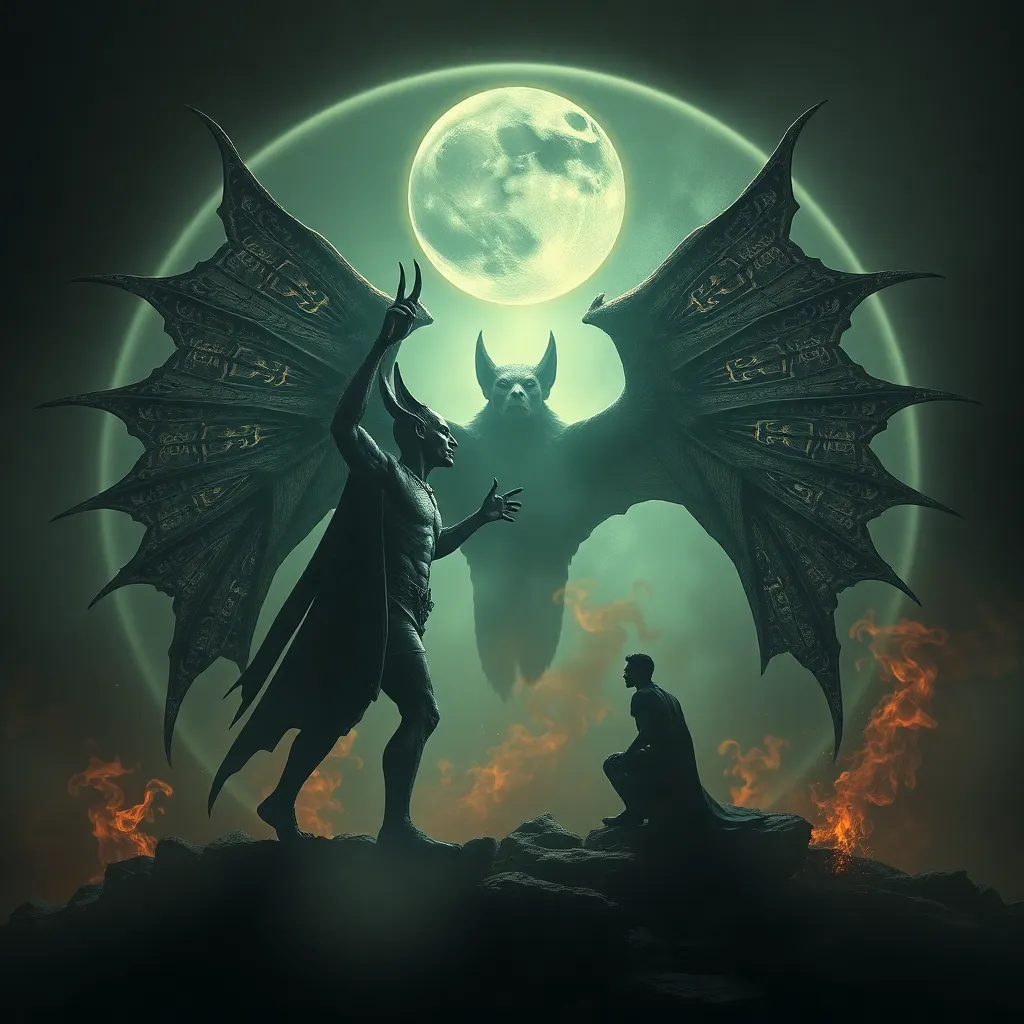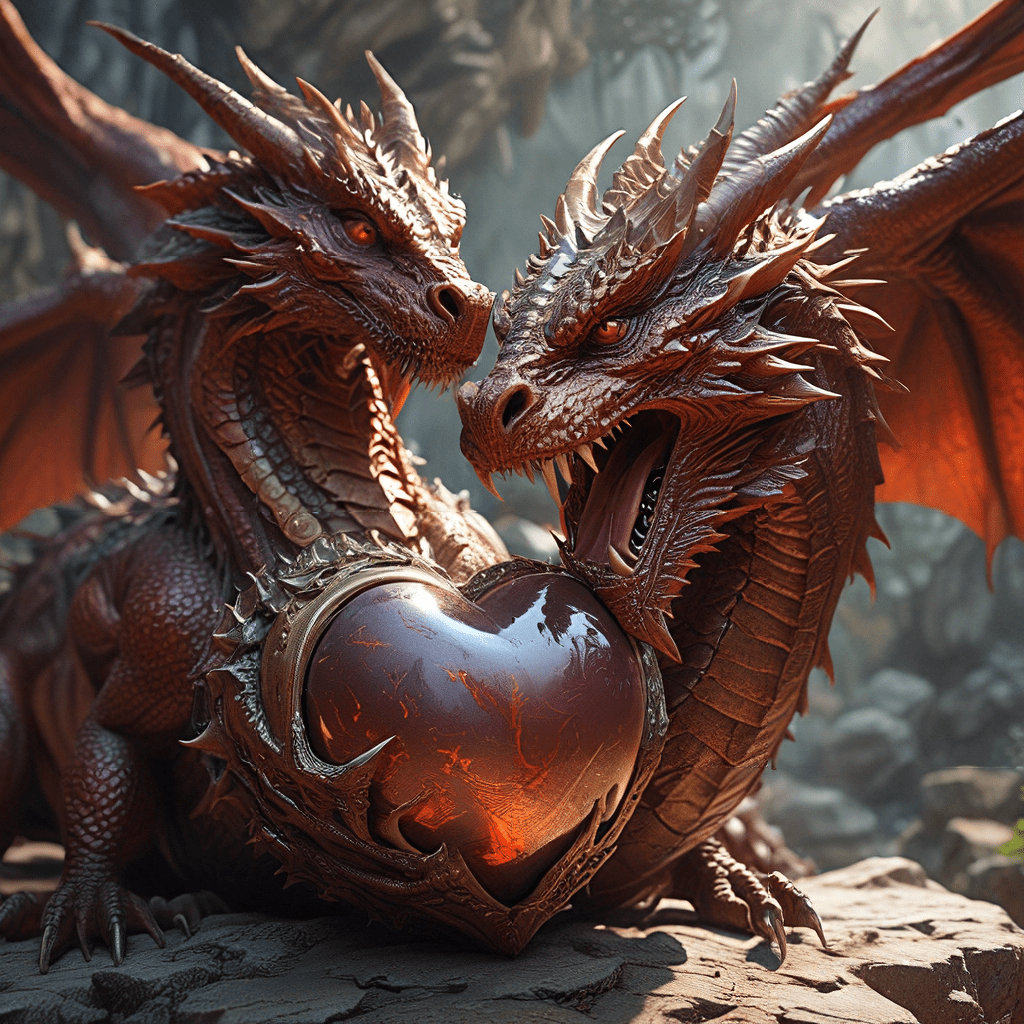The Unseen World: Exploring the Mythological Significance of Pegasus as an Intermediary between Heaven and Earth
I. Introduction
Pegasus, the winged horse of Greek mythology, has captivated the human imagination for centuries. Emerging from the blood of Medusa when she was slain by Perseus, Pegasus embodies both beauty and power. His presence in various myths underscores his role as an intermediary between heaven and earth, bridging the realm of gods and mortals.
The significance of intermediaries in mythological narratives cannot be overstated. They often serve as symbols of connection, embodying traits that reflect the duality of existence. This article aims to explore the origins, symbolism, and interpretations of Pegasus across different cultures, highlighting his enduring legacy as a figure of inspiration and creativity.
II. The Origins of Pegasus in Greek Mythology
The mythological origins of Pegasus are deeply rooted in ancient Greek culture. According to legend, Pegasus sprang forth from the neck of Medusa as she was decapitated by Perseus. This miraculous birth links him to the themes of transformation and rebirth, vital to many mythological stories.
Pegasus is often depicted as a majestic white horse with large, feathered wings. His lineage connects him to the divine, being the son of Poseidon, the god of the sea, and Medusa, a gorgon. This duality highlights the complexities of his character.
- Key myths involving Pegasus:
- Pegasus and Bellerophon: The tale of the hero who tamed Pegasus to defeat the Chimera.
- The creation of the spring Hippocrene, which sprang from Pegasus’s hoof strike, inspiring poets.
The symbolism of Pegasus in ancient Greek culture is multifaceted. He represents not only the physical beauty of horses but also the ethereal nature of flight, symbolizing freedom and transcendence.
III. Pegasus as a Symbol of Inspiration and Creativity
Pegasus’s connection to the Muses, the goddesses of inspiration in the arts, establishes him as a symbol of creativity. His flight through the skies is often interpreted as a metaphor for the lofty heights of artistic expression.
In various mythological narratives, Pegasus serves as a source of inspiration, often guiding heroes and poets to greatness. His essence encourages the pursuit of knowledge, creativity, and art, making him a potent symbol in the realm of human expression.
- Modern interpretations of Pegasus:
- In literature, Pegasus appears as a motif representing the muse or the inspiration behind creative endeavors.
- In art, he is often depicted soaring above landscapes, symbolizing the elevation of the human spirit.
IV. The Duality of Pegasus: Bridging Two Worlds
Pegasus embodies a unique duality, acting as a celestial being associated with the heavens while also representing earthly qualities. This duality allows him to navigate both the divine and mortal realms.
As a celestial entity, Pegasus is often seen soaring through the clouds, embodying the essence of freedom and the pursuit of higher knowledge. His association with the heavens suggests a connection to divine inspiration and the pursuit of truth.
However, Pegasus also has earthly representations in myths. His role in helping heroes like Bellerophon illustrates his connection to the human experience, bridging the gap between the divine and the mundane.
This balance between the divine and the mortal is a recurring theme in many myths, reflecting the human struggle to understand their place in the universe.
V. Pegasus in Different Cultures and Mythologies
The archetype of the winged horse is not confined to Greek mythology; similar figures appear in various cultures worldwide. This universality underscores the symbolic significance of such creatures in human storytelling.
- Comparisons with similar figures:
- The Celestial Horse in Chinese mythology, representing nobility and power.
- Winged horses in Persian mythology, often symbolizing speed and agility.
Over time, Pegasus has been adapted in various cultures, often retaining his status as a symbol of inspiration, creativity, and the bridge between different realms of existence. This adaptability speaks to the universal human fascination with flight, freedom, and the divine.
VI. The Role of Pegasus in Astrology and Astronomy
Pegasus holds a significant place in the night sky, represented by the constellation Pegasus. This constellation is a reminder of the mythological stories that have shaped human understanding of the cosmos.
Astrologically, Pegasus is associated with themes of inspiration, creativity, and the pursuit of higher ideals. Those who identify with Pegasus are often seen as visionaries, capable of bridging the gap between the earthly and the divine.
The impact of astronomy on the mythological narrative of Pegasus is profound, as the stars and constellations have long influenced storytelling and cultural beliefs. The sight of Pegasus in the sky continues to inspire awe and wonder, connecting us to the ancient stories that shaped our ancestors’ understanding of the universe.
VII. Contemporary Interpretations of Pegasus
In modern media and popular culture, Pegasus remains a potent symbol. He has appeared in numerous films, books, and artworks, often embodying the spirit of adventure and inspiration.
- The ongoing relevance of Pegasus:
- In literature, Pegasus is often portrayed as a companion to heroes, symbolizing the quest for knowledge and creativity.
- In contemporary spirituality, Pegasus is viewed as a symbol of transformation and the pursuit of higher consciousness.
The role of Pegasus in contemporary belief systems emphasizes his enduring legacy as a figure that inspires individuals to strive for greatness and explore the realms of imagination and creativity.
VIII. Conclusion
In summary, Pegasus stands as a powerful symbol within mythological narratives, representing the intersection of the divine and the mortal. His origins, duality, and cultural significance highlight the ongoing relevance of mythological creatures in understanding the human experience.
The enduring legacy of Pegasus as an intermediary between heaven and earth invites us to explore the themes of inspiration, creativity, and the search for meaning in our lives. As we reflect on the stories of such mythological beings, we gain insights into our aspirations, struggles, and the universal quest for understanding.




